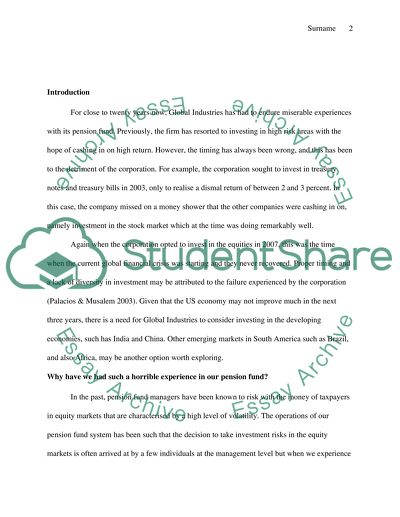Cite this document
(“Global Industries Essay Example | Topics and Well Written Essays - 1000 words”, n.d.)
Global Industries Essay Example | Topics and Well Written Essays - 1000 words. Retrieved from https://studentshare.org/miscellaneous/1521460-global-industries
Global Industries Essay Example | Topics and Well Written Essays - 1000 words. Retrieved from https://studentshare.org/miscellaneous/1521460-global-industries
(Global Industries Essay Example | Topics and Well Written Essays - 1000 Words)
Global Industries Essay Example | Topics and Well Written Essays - 1000 Words. https://studentshare.org/miscellaneous/1521460-global-industries.
Global Industries Essay Example | Topics and Well Written Essays - 1000 Words. https://studentshare.org/miscellaneous/1521460-global-industries.
“Global Industries Essay Example | Topics and Well Written Essays - 1000 Words”, n.d. https://studentshare.org/miscellaneous/1521460-global-industries.


